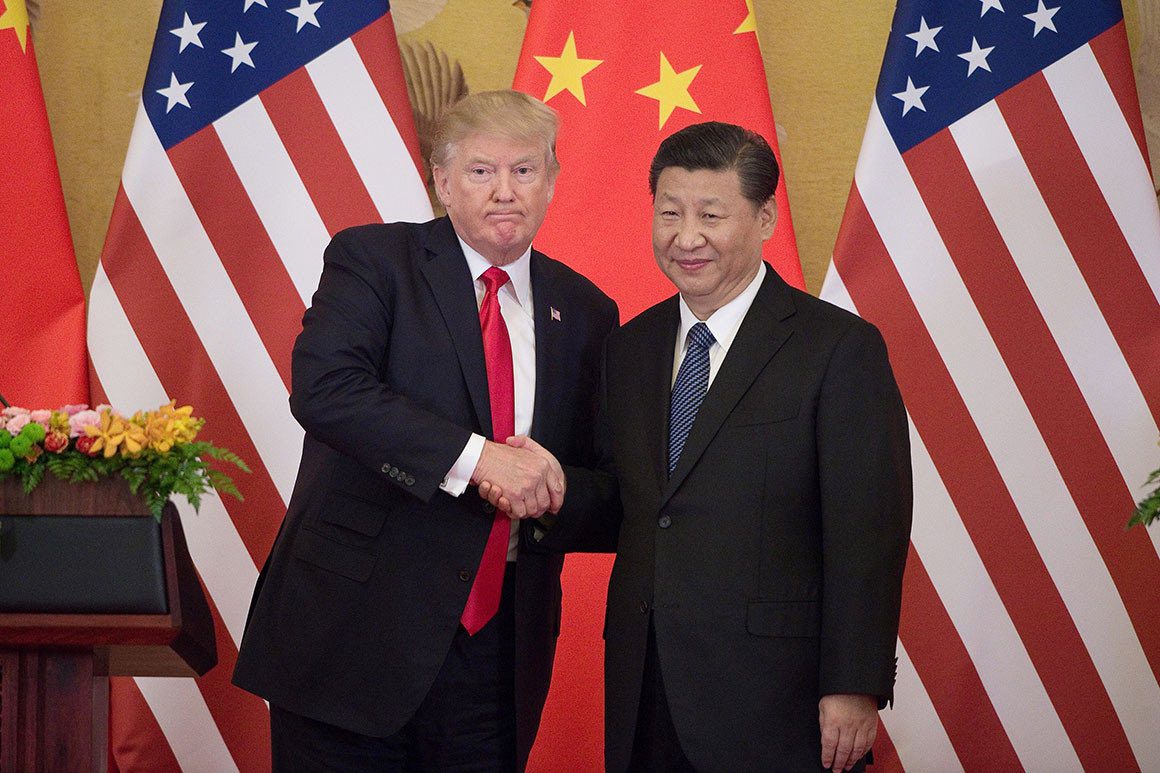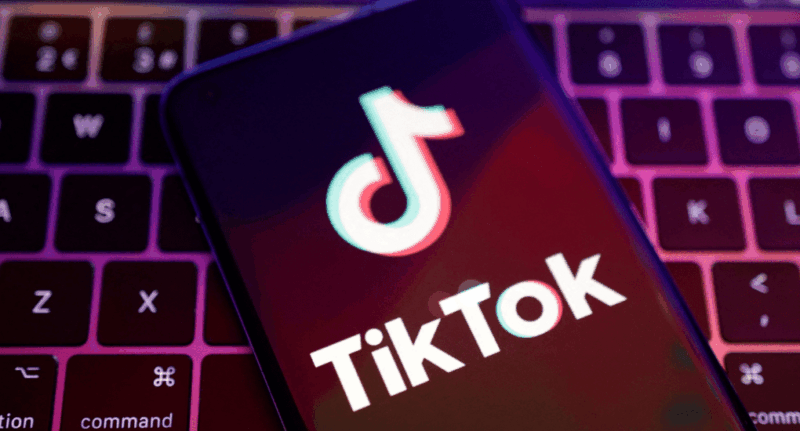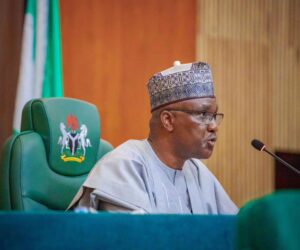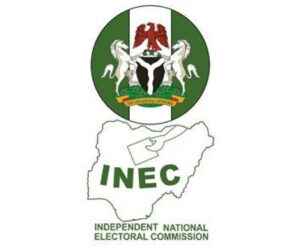A senior White House official announced that the Trump administration has reached a tentative agreement with China to allow TikTok to continue operating in the United States, preserving the app’s Chinese-developed algorithm. The deal, reached during trade talks in Madrid, averts a looming ban and signals a shift from earlier demands for a full U.S. buyout of the app’s assets.
Treasury Secretary Scott Bessent, alongside U.S. Trade Representative Jamieson Greer, confirmed the framework agreement after weeks of negotiations.
The deal ends a years-long saga that began during President Donald Trump’s first term, when national security concerns over TikTok’s Chinese parent company, ByteDance, sparked calls for a ban or forced sale.
“This agreement reflects President Trump’s commitment to protecting American interests while preserving innovation,” Bessent said at a press briefing.
The announcement comes a day before the expiration of the current deadline previously extended on several occasions by Trump’s executive order to resolve the company’s status. That month, a 14-hour app blackout disrupted service for TikTok’s 170 million U.S. users, fueling public outcry and highlighting the app’s cultural and economic clout.

The new deal allows the company to operate under U.S. oversight, with Oracle, led by Executive Chairman Larry Ellison, emerging as the leading contender to acquire the app’s U.S. operations.
The agreement permits TikTok to license its algorithm from ByteDance, which retains intellectual property rights. U.S. investors would acquire TikTok’s U.S. assets, including its user base and operations, while Oracle continues to host American user data, as it has since 2020. The arrangement sidesteps China’s export controls on the algorithm, imposed last year, which had complicated earlier sale talks.
Negotiations gained momentum on Monday with plans for Trump to speak with Chinese leader Xi Jinping on Friday to finalise the deal. Chinese officials, including trade negotiator Li Chenggang and Wang Jingtao of the Cyberspace Administration, signalled openness to “entrusted operation” models for U.S. user data. “We’ve reached a basic consensus,” Li said.
The deal marks a reversal for Trump, who in 2020 labelled TikTok a national security threat, alleging ByteDance could share user data with the Chinese government.
A 2024 law, signed by President Joe Biden, mandated ByteDance divest TikTok’s U.S. operations by January 2025 or face a ban. The Supreme Court upheld the law in early 2025, rejecting TikTok’s free speech challenges. Yet Trump, who joined TikTok in August and launched a White House account, has softened his stance.


Earlier today, Trump posted on Truth Social saying that “a deal was also reached on a ‘certain’ company that young people in our Country very much wanted to save.”
TikTok: Oracle continue its role while co-founder Ellison emerges frontrunner
Ellison, a Trump ally and Oracle co-founder, is poised to lead the acquisition, with estimates valuing TikTok’s U.S. operations at $8 billion. Other bidders, including Frank McCourt, Kevin O’Leary, and Andreessen Horowitz, have fallen back.
Oracle’s existing role in securing TikTok’s data and Ellison’s financial muscle, his wealth briefly surpassed Elon Musk’s last week, positioning him as the frontrunner.
The decision to retain the Chinese algorithm has drawn fire from congressional hawks. Senators Tom Cotton and Pete Ricketts demanded ByteDance’s stake be reduced below 20% and all ties to China severed.
“This deal must withstand rigorous scrutiny,” a Senate aide told reporters, warning of legislative pushback.
Critics argue the algorithm, which drives TikTok’s addictive content recommendations, poses a security risk if controlled by Beijing.


Supporters, however, see the deal as a pragmatic win. A ban could have eliminated 80,000 U.S. jobs and alienated creators reliant on TikTok’s platform, which powers everything from viral dances to e-commerce via TikTok Shop.
“This preserves a key economic driver,” said one trade analyst, noting the app’s role in the attention economy.
The deal’s broader implications are significant. It could ease U.S.-China trade tensions, with Trump hinting at softer tariffs. Beijing’s antitrust probe into Nvidia suggests reciprocal pressure, while Europe may take a harder line on Chinese tech. India, which banned TikTok in 2020, watches closely as its local platforms struggle.
Meanwhile, ByteDance’s exact stake and the algorithm’s licensing terms remain unclear, and Friday’s talks with Xi will be key. Congressional approval is no guarantee, with some lawmakers vowing to block any deal perceived as soft on China.
For now, TikTok’s 170 million U.S. users can keep scrolling, but the app’s future hinges on delicate diplomatic and corporate manoeuvres, a puzzle that might be solved during the Friday talks.








